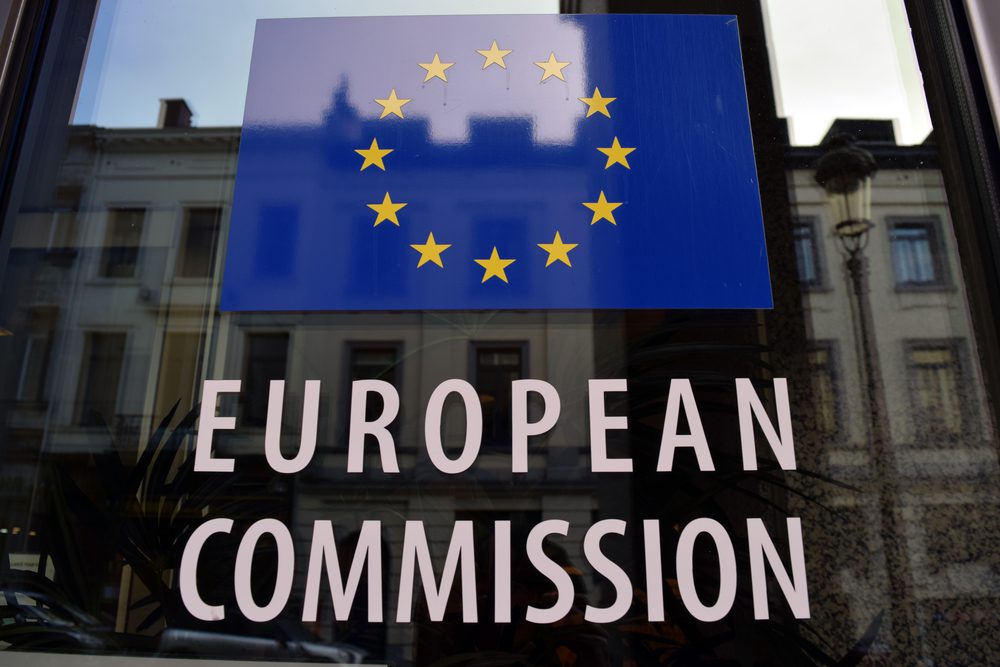
Are the fiscal wheels coming off the EU’s green transition? MEPs and industry experts have lashed out at a lack of new EU funding streams to finance the onshoring of green manufacturing, as the European Commission presented its budgetary proposals for the next three years on Tuesday, June 20th.
Today the @EU_Commission adopted the 🆕 Strategic Technologies for Europe Platform!
— European Innovation Council (@EUeic) June 20, 2023
This action will support critical & emerging technologies and also increase the investment power from the EIC Fund.🚀
Hear a message from #EUeic Board President, Michiel Scheffer, on the news 👇 pic.twitter.com/JGkw1IlL62
The EU has been accused of failing to live up to its rhetoric on the green transition. Pundits claim that a meagre €10 billion policy announcement launched this week to promote green innovation within Europe is not nearly enough to compete with the €340 billion channelled into American green manufacturing through Biden’s Inflation Reduction Act (IRA), as U.S. subsidies cause an exodus of European green manufacturing.
The newly launched Strategic Technologies for Europe Platform (STEP) focuses on promoting R&D within the EU and redirects previously earmarked funds without any new funding for the sector.
So where would the money for Strategic Technologies for Europe Platform (STEP) come from?
— Sander Tordoir (@SanderTordoir) June 20, 2023
– Reshuffling cohesion funds
– €10 billion extra towards InvestEU, Innovation Fund, Horizon (EIC), European Defence Fund
– More RRF money in InvestEU
Table = attempt to make sense of it pic.twitter.com/XYNN6DR5Vj
Critics bemoan a failure of the EU to execute a much-hyped promise to create a multibillion-euro response to America’s IRA through a European Sovereignty Fund, arguing that this week’s announcement falls short of previous commitments by Commission President Ursula von der Leyen—made during her State of Union address last year—to match U.S. funding.
The EU has radically departed from its embrace of free trade in favour of state capitalism since the COVID crisis as it seeks to build up its green industrial capacity in the face of protectionism abroad and disunity at home. This vision is commonly referred to as ‘strategic autonomy’ and prioritises European control over production and supply chains regarding the green economy.
Xavier Sol with the green transport campaign group ‘Transport and Environment,’ described the decision as a “weak proposal” from the Commission that could only benefit Beijing and Washington in the medium term.
There is a big mismatch between the strategic objectives of the EU’s green industrial policy and the cash that has been put on the table. Wealthy countries like Germany and France have to stop dragging their feet on fresh funds. In the long-term, we will need a Europe-wide approach if the continent is to compete with the U.S. and China in the global cleantech arms race.
There are additional calls for the EU to tap into unused COVID recovery funds, as individual member states operate bilaterally to secure sweetheart deals for onshore green manufacturing.
This criticism was echoed by federalist French MEP Valérie Hayer of the Renew group. She described STEP as not nearly enough to secure Europe’s strategic interests, noting that it failed to inject additional cash into the green transition.
Fears are mounting that the EU is effectively ceding control of its economic future to America and China by failing to properly manage the green transition and that a top-down policy is not suitable for a world in which European power is declining.
